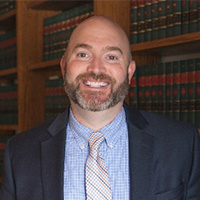 Kenoza Lake Misdemeanor Lawyers, New York
Kenoza Lake Misdemeanor Lawyers, New York
Sponsored Law Firm
-
 x
x

Click For More Info:
-
Cohen & Bernstein, L.L.C.
1360 Clifton Ave #309 Clifton, NJ 07012» view mapCriminal Defense We’re In this Together!
We work hand in hand with our clients to ensure all of your questions are answered and progress through your legal issue is seamless.
800-978-7341
Not enough matches for Kenoza Lake Misdemeanor lawyer.
Below are all Kenoza Lake Criminal lawyers.
Sponsored Lawyers
1-2 of 2 matches
Criminal, Wills & Probate, Employee Rights, Banking & Finance
With experience serving the public as an Assistant District Attorney, prosecuting minor traffic infractions and serious felony offenses, as public defender, providing legal representation to defendants with respect to both misdemeanor and felony accusations, as attorney for both petitioners, respondents, as well as an attorney for the child(ren), in Family Court and before local child and spousal support magistrates, and as a civil attorney representing clients in various forms of civil litigation, I am proud to announce that I have established my own office in Monticello, New York, dedicated to providing quality legal representation to the community I have been serving since 2006. Whether you are facing a traffic infraction, a criminal charge, or another legal issue, I am committed to providing you with quality representation that is accessible to you, especially in these times of economic difficulty. Please do not hesitate to contact us for a free consultation and to discuss your legal needs.
(more)


 Lindsay Bernstein Clifton, NJ
Lindsay Bernstein Clifton, NJ Practice AreasExpertise
Practice AreasExpertise

